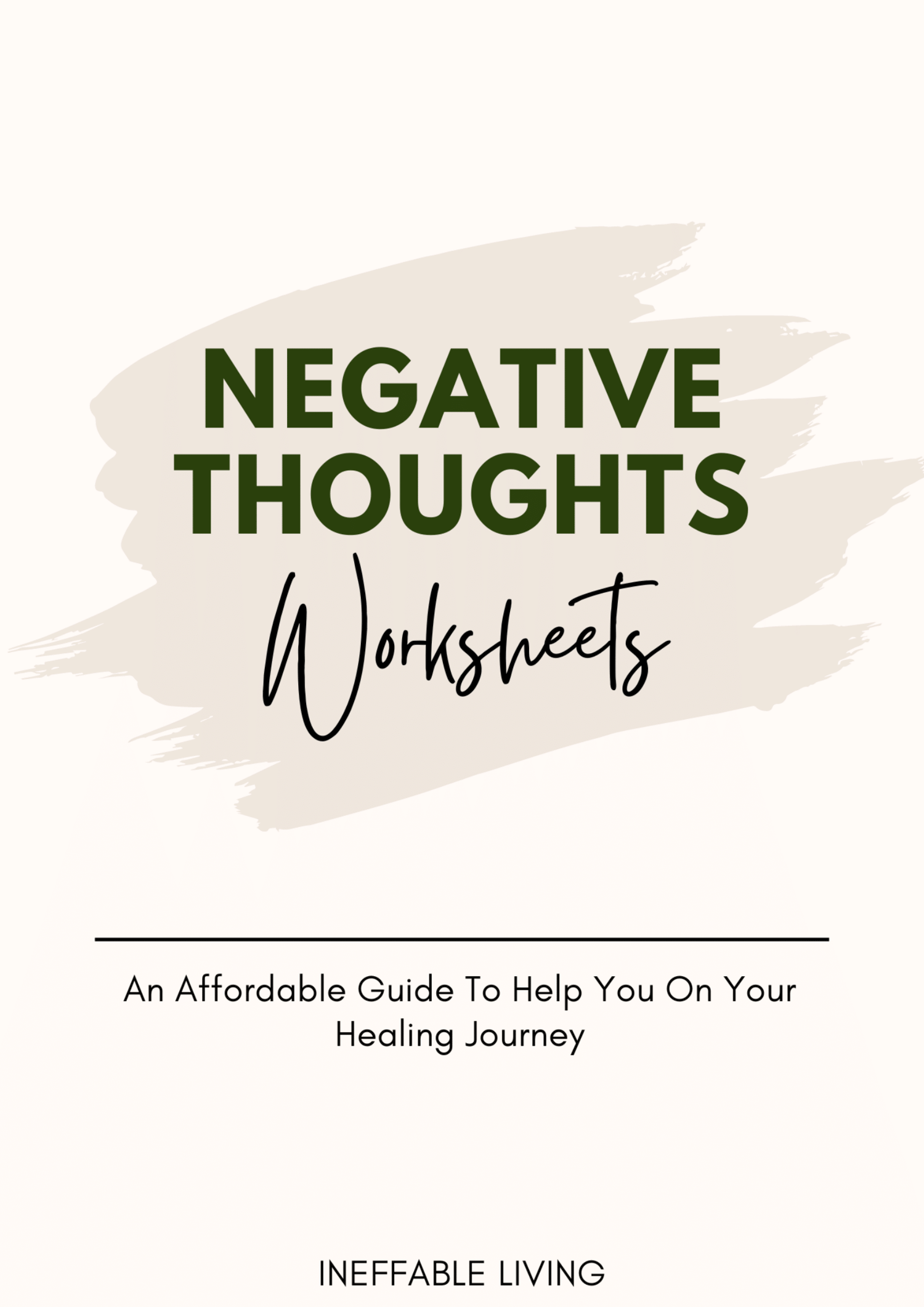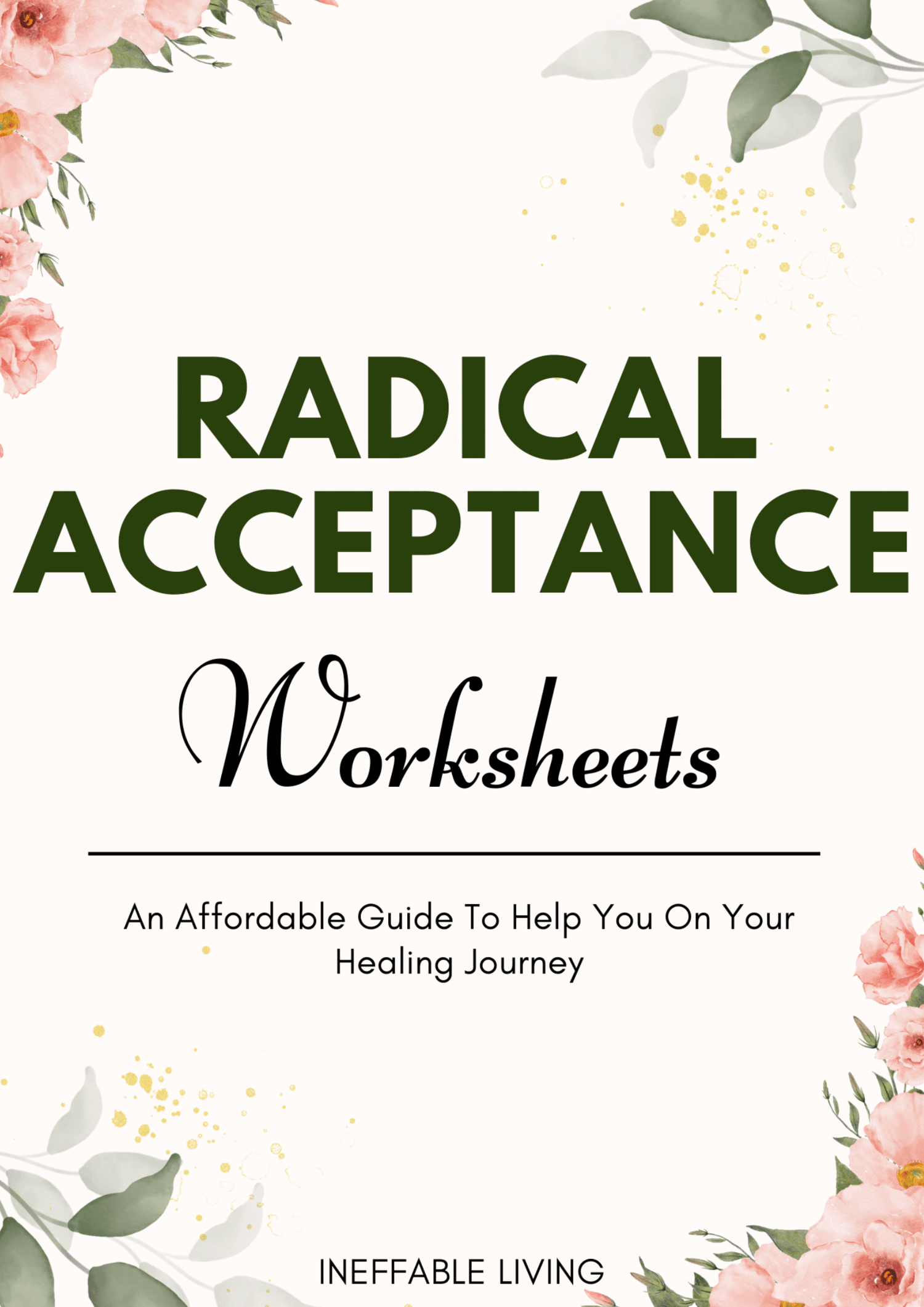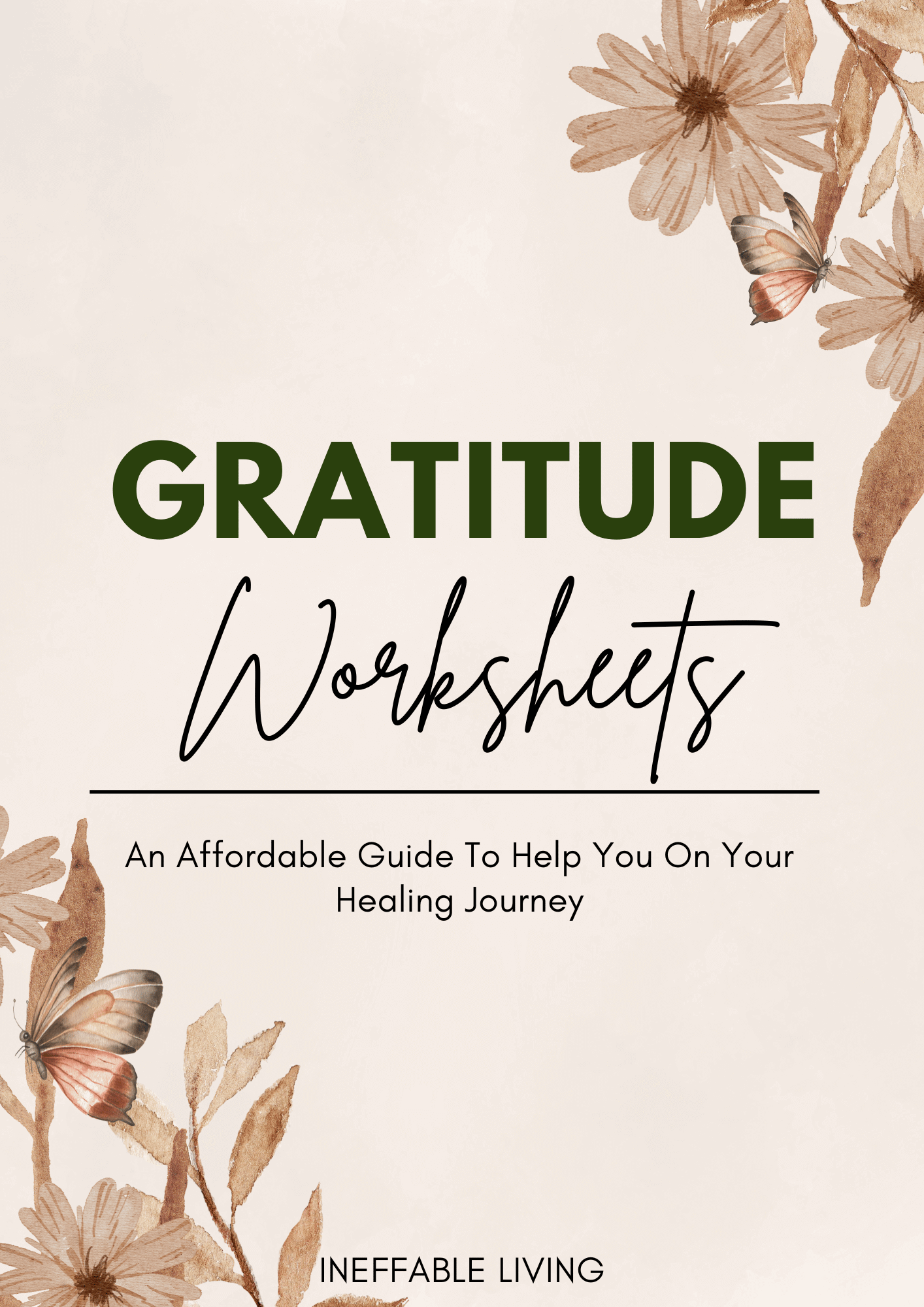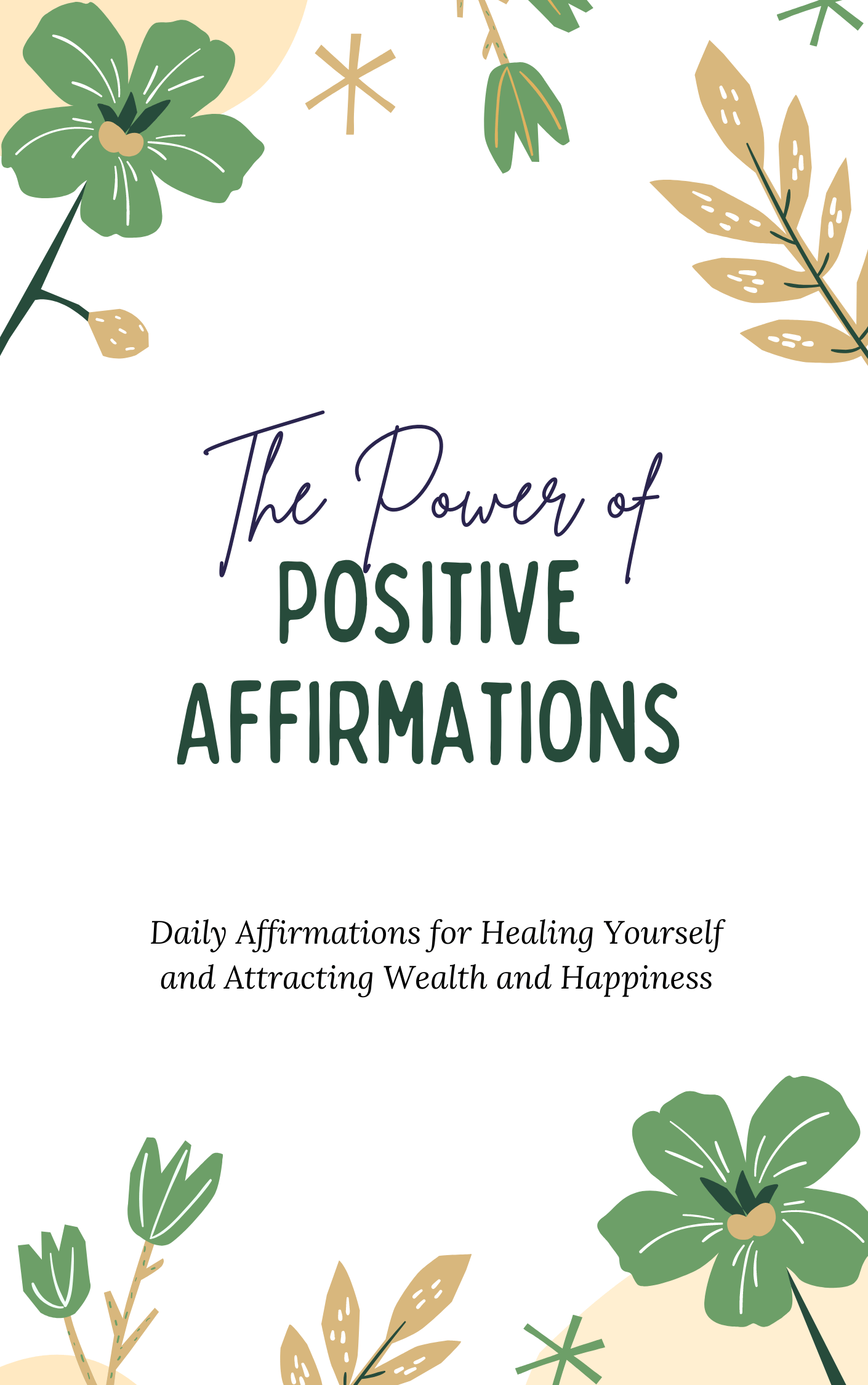When everything feels heavy, uncertain, or just plain disappointing, positivity can feel out of reach — or even fake. You may not want to “just think positive,” but you also don’t want to stay stuck in the dark forever.
That’s where these positivity and mindset shift worksheets come in. They’re not about forced cheerfulness. They’re about helping you move — gently, honestly — from pessimism to possibility.
Why It’s Hard to Stay Hopeful Sometimes
Life is messy. Disappointments pile up. And maybe you’ve been hurt, let down, or burned out one too many times. You might find yourself thinking:
- “What’s the point?”
- “I always mess things up.”
- “Nothing ever changes.”
- “It’s safer not to get my hopes up.”
These thoughts are natural — but if left unchecked, they can cloud your entire outlook and steal your energy.
1. Automatic Negative Thoughts Worksheets
Identify and gently reframe the thoughts that keep you stuck in self-doubt, fear, or pessimism — with tools grounded in cognitive restructuring.
2. Radical Acceptance Worksheets
Learn to stop fighting what you can’t control and start finding peace in the present, without giving up hope for the future.
3. Gratitude Worksheets
Cultivate daily appreciation with simple, meaningful prompts that help you shift your focus to what’s working — even in small ways.
4. The Power of Positive Affirmations
Strengthen your inner voice with affirmations that feel real, empowering, and aligned with who you’re becoming.
Positivity Doesn’t Have to Be Fake — It Can Be Healing
Shifting your mindset isn’t about ignoring your pain. It’s about giving equal space to your strength, your future, and your inner light. You don’t need to be cheerful — you just need to remember that hope is a skill, and it can be practiced.

Read Testimonials –> HERE
FAQs
Can I use the worksheets with my therapy clients?
Absolutely! The worksheets are meant for both, personal and professional use.
The worksheets are copyrighted so you can’t resell them or upload them publicly online. But you can share them with your clients.
Can I make changes to the files before handing them down to my clients?
Absolutely! You can convert your PDF files to word documents and make changes using free tools like pdf2doc.com.
How do I know if these worksheets are right for me?
These worksheets are perfect for anyone who needs an affordable, yet effective strategies to help them increase their self-awareness and work on their own issues – alone or with their therapist.
These worksheets are not a one-size-fits-all approach and are in no way meant to imply that change is as one-dimensional as a worksheet.
So choose the techniques and suggestions that apply to you and tailor the exercises in ways that will be helpful to you.
Can I use these worksheets on my own or should I seek professional guidance?
These worksheets are designed to be helpful on their own. However, seeking professional guidance from a mental health professional can increase their effectiveness.
How do I use mental health worksheets effectively?
1. Set aside dedicated time: Find a quiet and comfortable space where you can focus on yourself without distractions. Treat this as valuable self-care time, just like you would for any other important appointment.
2. Choose the right worksheet: There are numerous worksheets available, each offering unique exercises and prompts. Consider your specific needs and goals. Are you looking to enhance self-awareness, manage stress, or improve your relationships? Select a worksheet that aligns with your current focus.
3. Read instructions carefully: Take a moment to fully understand the purpose and instructions of the worksheet. Clarify any questions you may have before proceeding.
4. Engage in self-reflection: Set pen to paper and let your thoughts flow. Don’t worry about perfection or judgment – this is your private space to express yourself authentically. Be honest with yourself and explore your emotions, thoughts, and experiences without restraint.
5. Reflect on your insights: After completing the worksheet, take some time to reflect on what you have learned about yourself. Consider any patterns or triggers that impact your mental well-being. Identify areas where you can implement positive changes or coping strategies.
6. Incorporate your insights into daily life: The true value of mental health worksheets lies in applying your newfound awareness and insights to your everyday life. Consider how you can integrate these insights into your relationships, self-care routines, and overall well-being.
When should I see a therapist?
These worksheets are designed to help you better understand yourself, your distress, and your difficulties.
You can use it in conjunction with therapy or as a stand-alone guide to manage your distress.
These worksheets can be considered a low-intensity intervention. They’re perfect for those who are struggling with mild to moderate issues.
In mental health, mild to moderate symptoms are those that are severe enough to be distressing to you, but moderate enough that you can still manage most of your daily activities.
If you feel very overwhelmed by any of the exercises in these worksheets, this might be a sign that your symptoms are too severe for you to do the work by yourself.
A therapist will help you at your own pace and provide support and encouragement throughout the process.
Do you have more questions? Check this page –> FAQs



